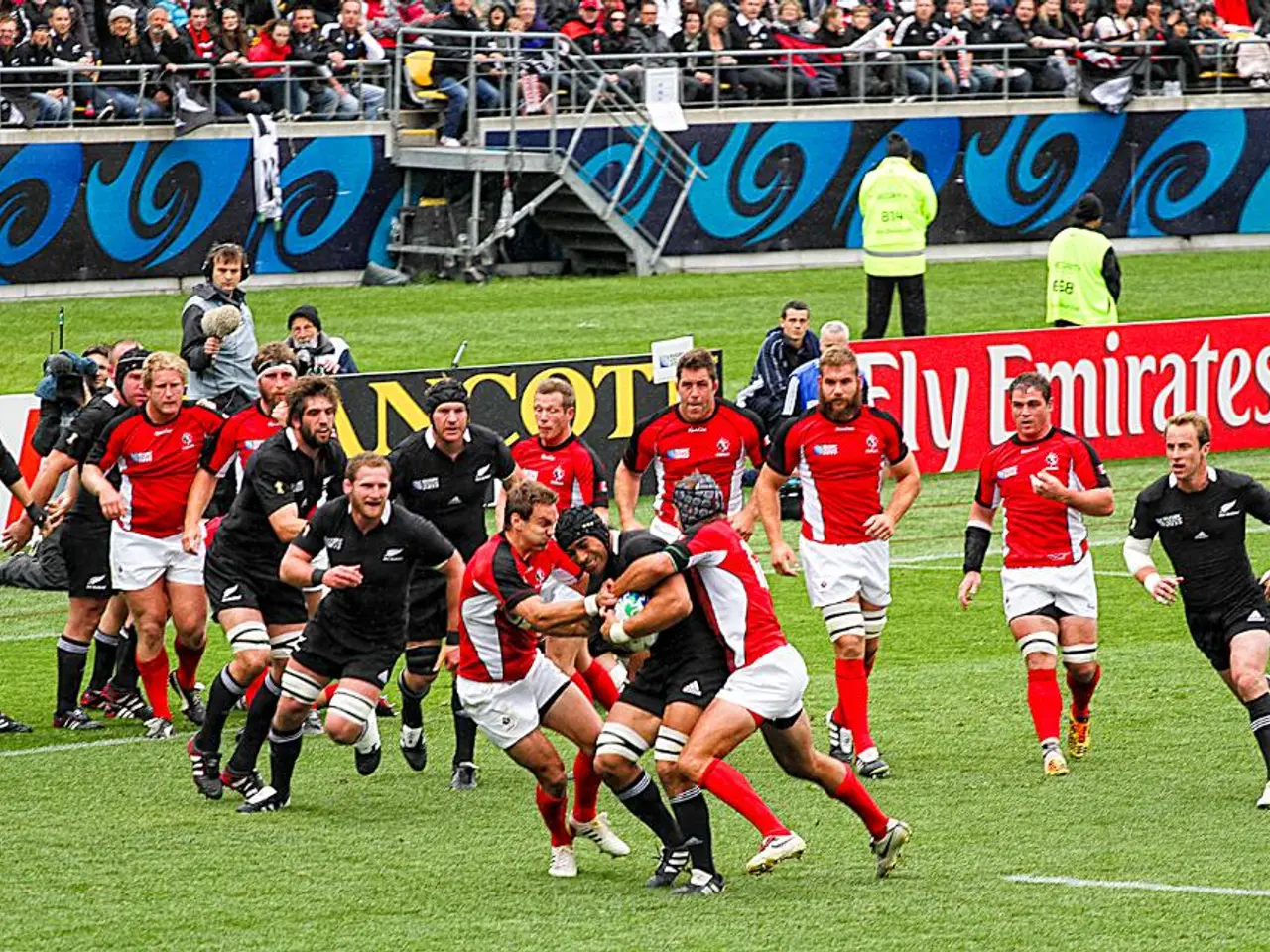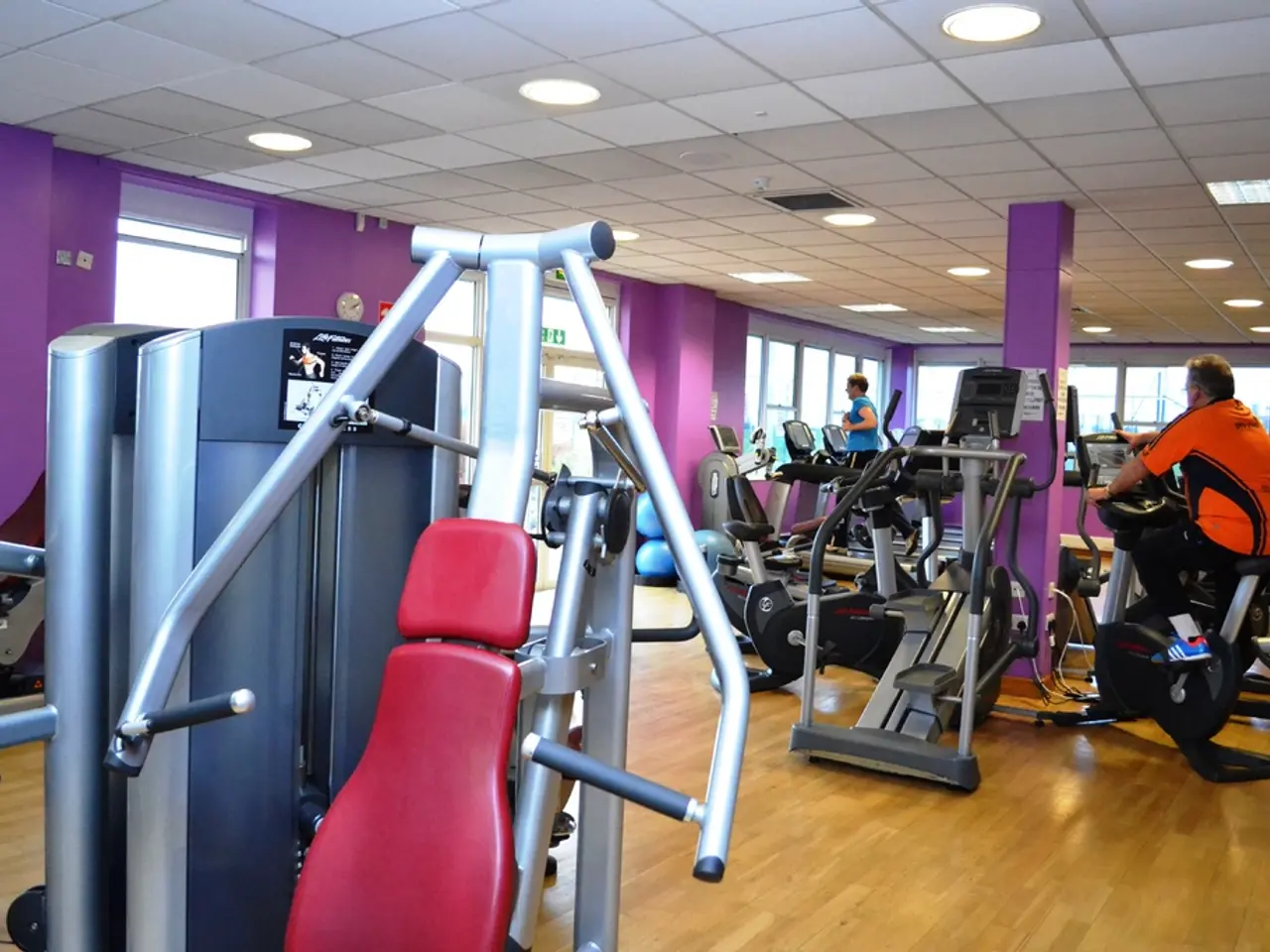Developing a Course Tailored to Your Lifestyle: A Step-by-Step Guide
Running at different times of the day offers distinct advantages and disadvantages, making it a personal journey that requires self-awareness, experimentation, and adaptation. This article explores the benefits and drawbacks of morning, afternoon, and evening running, helping you find the optimal time for your fitness goals and lifestyle.
**Morning Running**
Running in the morning, especially after an overnight fast, can enhance fat oxidation and reduce food intake for up to 24 hours, aiding in weight management and fat loss. Moreover, a morning run can boost circulation and provide a positive, energizing start to the day, improving alertness and executive functioning. However, many people experience stiff muscles, poor flexibility, and lower energy levels upon waking, making intense morning running more challenging. Waking up early to run can be tough for non-morning persons, impacting motivation. Outdoor morning runs may be uncomfortable or risky due to cold temperatures and darkness, especially in certain seasons. Time constraints in the morning due to work or family commitments may limit workout duration.
**Afternoon Running**
Studies suggest training in the afternoon or evening may be more effective than morning workouts at lowering blood glucose levels, potentially benefitting metabolic health. By afternoon, body temperature and muscle flexibility are higher than in the morning, reducing injury risk and improving performance. However, afternoon time can be limited for some due to work or school schedules, making consistent running difficult. Energy and motivation might fluctuate during the busy midday hours.
**Evening Running**
Evening runs are convenient for many because there is generally more free time, allowing for longer or less rushed workouts. Running in the evening can help relieve stress accumulated during the day and may replace less healthy habits like watching TV or snacking. However, some people may find that evening exercise interferes with sleep if done too late, potentially leading to poor rest. Evening fatigue after a demanding day might reduce motivation to run.
**Summary Table**
| Time of Day | Advantages | Disadvantages | |-------------|-------------------------------------------------------|-------------------------------------------------------| | Morning | Fat oxidation boost; energizing start; improved metabolism | Stiff muscles; low energy; cold/dark outdoor conditions; time constraints | | Afternoon | Better blood glucose control; higher body temp; lower injury risk | Scheduling conflicts; possible energy dips | | Evening | More time available; warmed-up body; stress relief; better endurance | Potential sleep interference; fatigue from the day |
Choosing the best time to run depends on individual preferences, lifestyle, and health goals. Morning runs may favor fat loss and a productive day start, afternoon runs may optimize metabolic benefits, and evening runs may improve performance and stress relief. Balancing these factors can help maximize running benefits while mitigating drawbacks.
Factors such as energy levels, scheduling constraints, and running goals can influence the preferred running schedule. Our body temperature peaks late in the afternoon to early evening, making it the ideal time for optimal performance. Nighttime running can be challenging due to reduced visibility, increasing the risk of accidents or trips. Morning runs can provide a sense of tranquility, solitude, and a positive mindset for the day ahead. Evening runs can raise safety concerns, especially if running in unfamiliar areas or alone. Evening exercise can contribute to better sleep, as long as sufficient time is allowed between the run and bedtime.
Running performance and overall experience can be significantly impacted by the time of day. Daily running is possible but not recommended for beginners, as a balanced weekly running program includes rest days. A personalized running plan can help individuals stay motivated and achieve results, regardless of their experience level. Endurance and strength peak late in the afternoon to early evening due to increased body temperature, improved oxygen and nutrient delivery, better joint lubrication, and faster nerve impulses. Consistency is key in finding the best running schedule for an individual. Afternoon runs may be linked to a lower risk of cardiovascular disease and cancer-related deaths. Evening runs offer flexibility and comfort for individuals with demanding schedules or unconventional work hours. Afternoon runs are ideal for high-intensity training, as the body is already warmed up and offers improved endurance and muscle elasticity. Evening runs can be beneficial for night owls or individuals with a packed schedule, offering an opportunity to relax and recharge.
Incorporating health-and-wellness practices, such as running at different times of the day, involves a combination of science and personal lifestyle choices to optimize benefits and minimize drawbacks. For instance, morning runs may aid in weight management and boost alertness but impact sleep for some, while evening runs may promote stress relief and nighttime workouts but interfere with sleep if done too close to bedtime. To achieve overall health and fitness, one must explore the health, fitness-and-exercise, and lifestyle benefits of morning, afternoon, and evening running and find the schedule that aligns best with their unique needs and demands.




